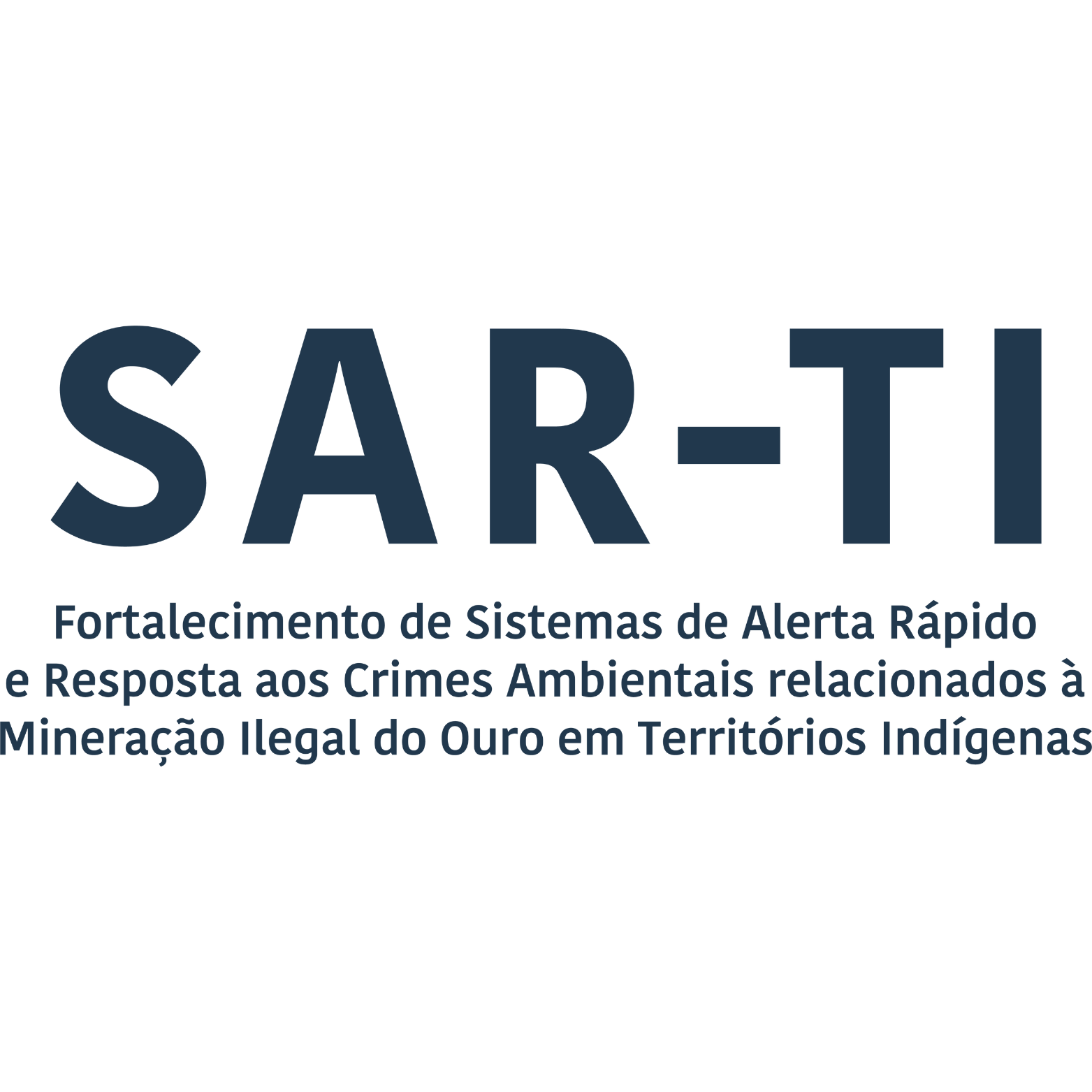
SAR-TI is an initiative of the United Nations Office on Drugs and Crime (UNODC), supported by the Ministry of Foreign Affairs and International Cooperation (MAECI) of the Government of Italy. The project aims to promote the coordination of indigenous associations and organizations, governmental institutions, and civil society to structure, strengthen, and integrate mechanisms for preparedness, monitoring, early warning, and response to environmental crimes and other crimes in indigenous territories, focusing on areas affected by illegal gold mining in the Amazon.
SAR-TI aims to strengthen existing autonomous initiatives within Indigenous Territories and support the development of standardized guidelines for monitoring, reporting, early warning, and response mechanisms. By doing so, the project seeks to prevent and mitigate the environmental, social, and health impacts on Indigenous communities affected by these crimes, while also fortifying policies for territorial protection.